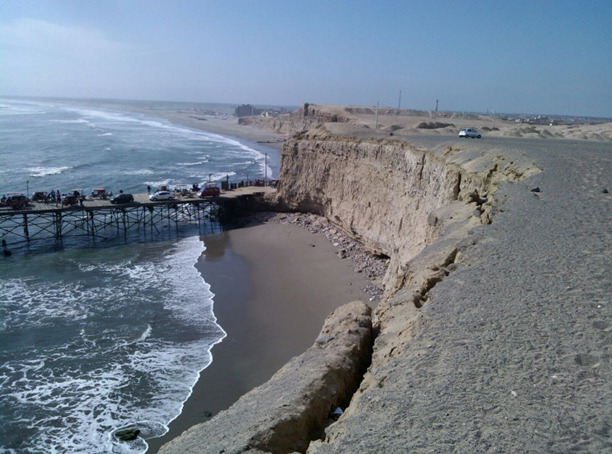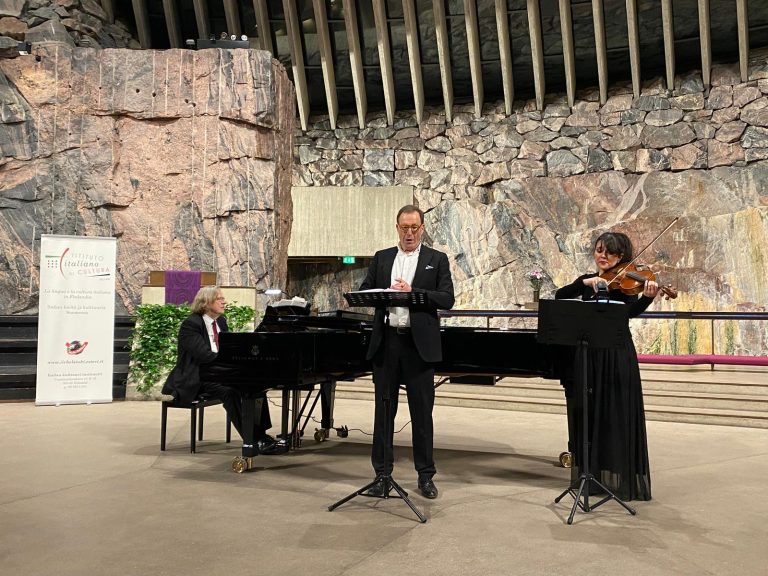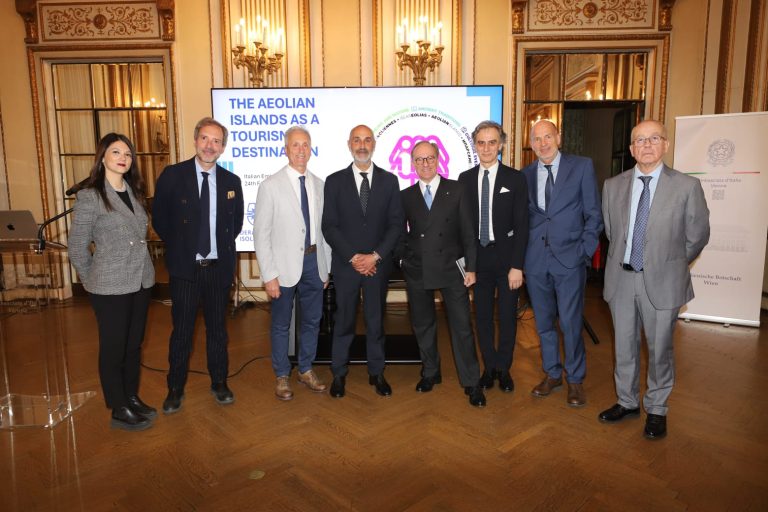According to Cerved, the Italian trade fair sector was the sector that recorded the highest losses in 2020. Turnover plummeted from 1 billion to 200 million euros. The government intervened by launching a series of support measures. Manlio Di Stefano (M5S), Deputy Minister of Foreign Affairs and International Cooperation, claims the government is committed to doing its utmost to enable trade fairs to resume their growth once the health situation allows. Di Stefano says: “In this difficult juncture, public support and, in particular, that of the Foreign Ministry, within the scope of its internationalisation function, has never been lacking and will not be lacking in the future”.
In this interview with him we will be taking stock of the measures put in place in recent months to concretely help and support Italian trade fairs, overwhelmed by the Covid tsunami. The Deputy Minister explains: “We have presented a set of both promotional and financial measures. Last autumn, in partnership with Ice Agency, an extraordinary plan involving “incoming” missions of operators and “buyers” was organised to 30 among the most important Italian fairs, both in presence and by virtual means. In the same period – Di Stefano continues – in coordination with the Ministry of Health, we created special green corridors allowing streamlined entry to Italy for foreign operators, through the adoption of specific health protocols. We have also launched a “Fiera Smart 365″ platform, managed by Ice and made available to fairs, trade associations and businesses for the creation of virtual fairs, b2b meetings, real virtual business missions and Business Fora”.
Moving on to the financial aspects, Di Stefano continues: “We have introduced new facilitated finance instruments and refunds. A new line of intervention called “Capitalization in support of the trade fair system” has been activated by Simest, dedicated to trade fair entities and enterprises whose main business consists in the organisation of international trade fair events, with financing for internationalisation activities up to 10 million euros each, of which 800,000 are non-refundable. Furthermore, and once again through Simest, we have envisaged the possibility for fair districts and organisers to take advantage of the EU Commission’s decision on state aid, which allows relief payments for up to 3 million euros to bear fixed costs not covered by profit or other subsidies incurred during this year of economic emergency”. On a number of occasions, including in recent days, trade fair entities have raised the alarm about delays in the implementation of these measures, which could frustrate the efforts to revive the sector. “With specific reference to the measures I have just illustrated, which fall under the responsibility of the Foreign Ministry, we do not run this risk” Di Stefano guarantees. We are in constant contact with the trade associations and the main Italian trade fair districts, to identify their needs and initiatives to counteract the effects of the pandemic. As far as the financial measures are concerned, we have succeeded in record time in extending the Simest operations to the trade fair sector, allowing it to also provide relief payments, which, until today, were not included among its responsibilities. This line of intervention in favour of capitalisation – Di Stefano continues – in support of the trade fair system was launched last December 9: we have already received several applications, but I urge all potential interested parties to take advantage of this instrument to revive the internationalisation activities of the fair districts and organisers of trade fair events. Since it is a matter of state aid, the provision on business relief payments is subject to prior examination by the European Commission, to which we have notified the measure. Once we have received feedback from Brussels, we will be able to swiftly open this new line of intervention”. Traditionally, trade fairs are a very powerful instrument for promoting the “Made in Italy” brand on markets. “Trade fairs – Di Stefano adds – are a key driver for our exports, because they showcase the quality and values that are typical of Italian products, services, supply chains, as well as the hospitality, skills and traditions of the regions and areas that host the events”.
Will this continue – we ask – in the digital age? “In the era of the Internet and the digital economy – the Deputy Minister replies – we must learn to communicate our internationally renowned skills as best as we can. Therefore, we build on our commitment and engage ourselves ever more in helping our businesses, especially our SMEs, to build up the skills they need to tackle the changes that are taking place in a flexible manner: in the near future, the new technologies will not replace the physical events, but they will become fundamental instruments for publicizing our demonstrations of excellence and the beauty of our regions abroad”.
For SMEs (small and medium-sized enterprises), trade fairs often represent the most important showcase, sometimes the only one at their disposal, to present themselves to the world. According to Di Stefano, this will continue after Covid as well: “For many small and medium enterprises – he says – trade fairs are the first step to growth and to foreign markets. In my opinion, despite the difficulties and restrictions that may continue, businesses will not stop presenting themselves to the world through the trade fair showcase, because fairs are primarily, albeit not only, an opportunity for doing business. In the post-Covid era this should not change. Quite the reverse. I am confident that, also thanks to the new digital tools and being able to rely on government support, our SMEs will continue to display the best of made in Italy at trade fairs”. Finally, a consideration on the most promising markets: “I would still bet on the most advanced countries such as Germany, France, the United States, Switzerland and the United Kingdom” says Di Stefano.




